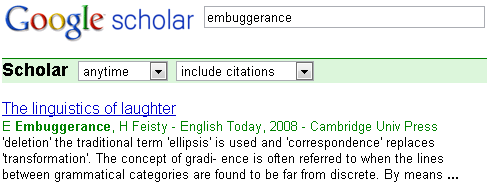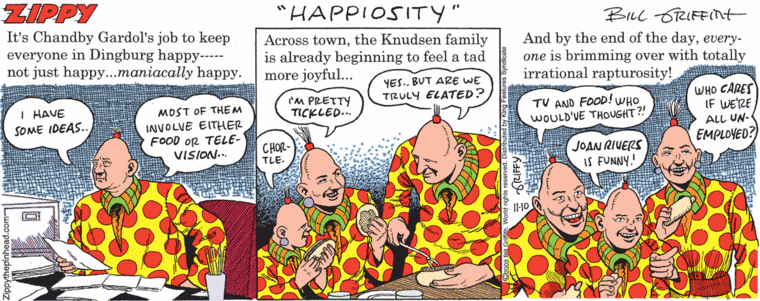Less body in your lexicon?
Answering a reader's question about somebody vs. someone, Arnold Zwicky speculated yesterday that "you'd find all sorts of interesting variation according to the location / age / sex / class etc. of the speaker, genre, formality of the context, date when the corpora were collected, and so on". In the comments, Jerry Friedman suggested that "the -one words all sound more formal to me than the -body words", and he provided some evidence in the form of the ratio of Google Books counts for the words themselves and for the words combined with albeit.
This is a great topic for a Breakfast Experiment™, and despite several overdue work-related commitments, I couldn't resist.
Read the rest of this entry »



